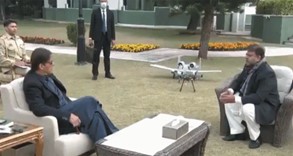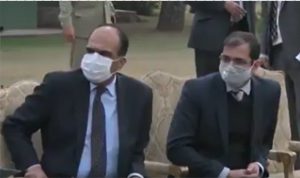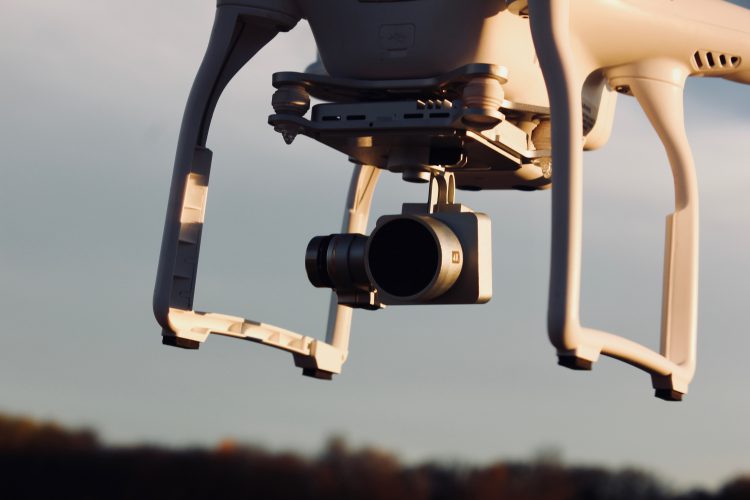The increased use of drones for civilian applications has presented many countries with regulatory challenges. Such challenges include the need to ensure that drones are operated safely, without harming public and national security, and in a way that would protect areas of importance.
National Centre of Robotics and Automation (NCRA) is a consortium of 11 labs located at 13 universities of Pakistan with its secretariat at National University of Science & Technology (NUST). The labs are working in different domains of Robotics including, biomedical robotics, agricultural robotics, autonomous cars, industrial automation etc. Apart from the several other domains in Robotics and Automation, there has been key focus on the R&D of UAVs/drones and their related applications specifically in agriculture and defense sector.
Researchers involved in drone specific technologies at NCRA possess vast experience through the development of the indigenous solutions catering Pakistani needs. Due to this expertise, they have identified the problems and areas of improvement around the drone technology in Pakistan. One such issue is restricted import and use of drones in Pakistan, which hinders academia and industry from utilizing the benefits of drone-based applications. Many nations have developed their drone policies to regulate the use of drones, but Pakistan had no such policy on drones.
To cater these problems Ministry of Science and Technology, Pakistan formulated a committee of experts to propose solutions and to draft a “National Drone Policy” that can become a guideline for Pakistan. Experts from NCRA played a vital role in this committee and drafted the National Drone Policy Draft which was presented to the Prime Minister on December 21st, 2020. The salient points of this policy are as follows:
- Indigenous Drone Development
- Drone based Applications Development
- Maintenance and Training for drones
- Security Clearance of Remote Pilots
- NoCs for Import
- Registration of Local Manufacturers
- Registration of Importing Organizations
- Registration of Drone
- Registration of Remote Pilots
- Training Curriculum
- Airworthiness of Drone
- Processing of Exemptions to R&D and other organizations
- Identification of Restricted/Unrestricted Drone Flying Zones
- Setting necessary Tariff and Taxes
- Rules for flying ‘beyond visual line of sight’ (BVLOS)
- Any additional standard operating procedures (SOPs) as per requirements
Above in view, an authority that will oversee the safe use of drones in the country is being established. The authority has been titled as “Civil Drone Regulatory Authority (CDRA)” and will comprise of relevant stakeholders from defense, civil administration, academia and drone related industry.


NCRA efforts have paved the path for ease of use, and manufacturing of drones and allied applications in Pakistan. The National Drone Policy and Formulation of CDRA will play a vital role in country’s growth and prosperity.
The author is the Project Director at the National Centre of Robotics and Automation hosted at the College of Electrical and Mechanical Engineering, National University of Sciences and Technology (NUST). He can be reached at u.shahbaz@ceme.nust.edu.pk.





